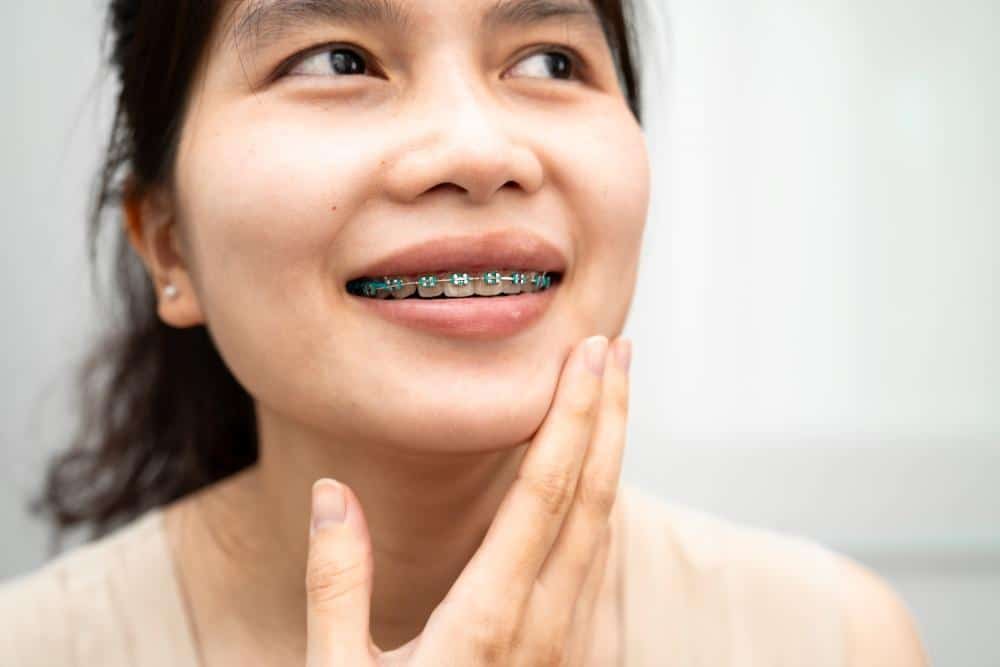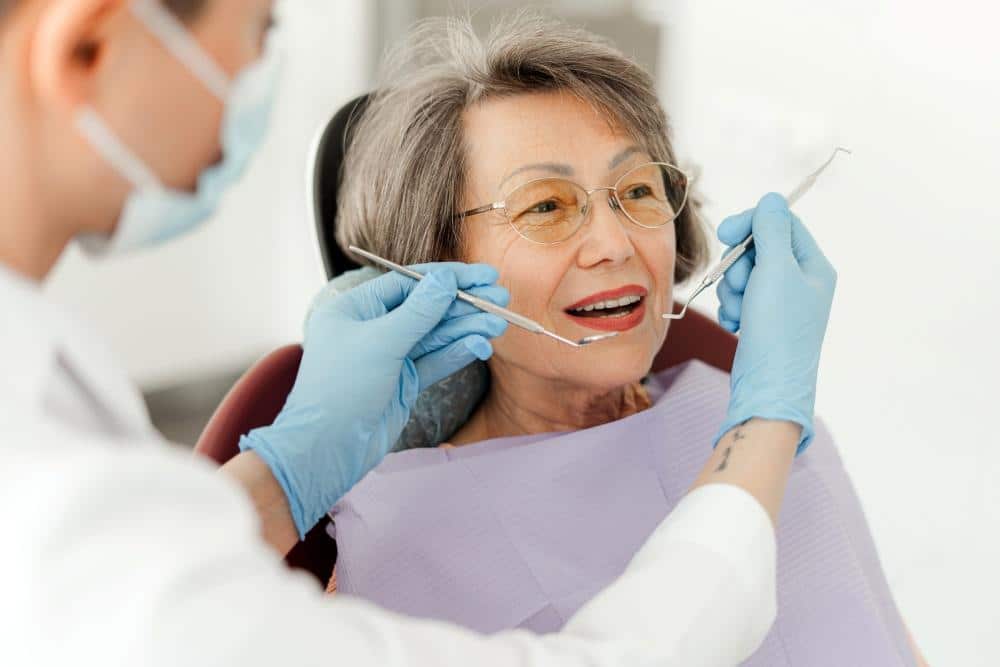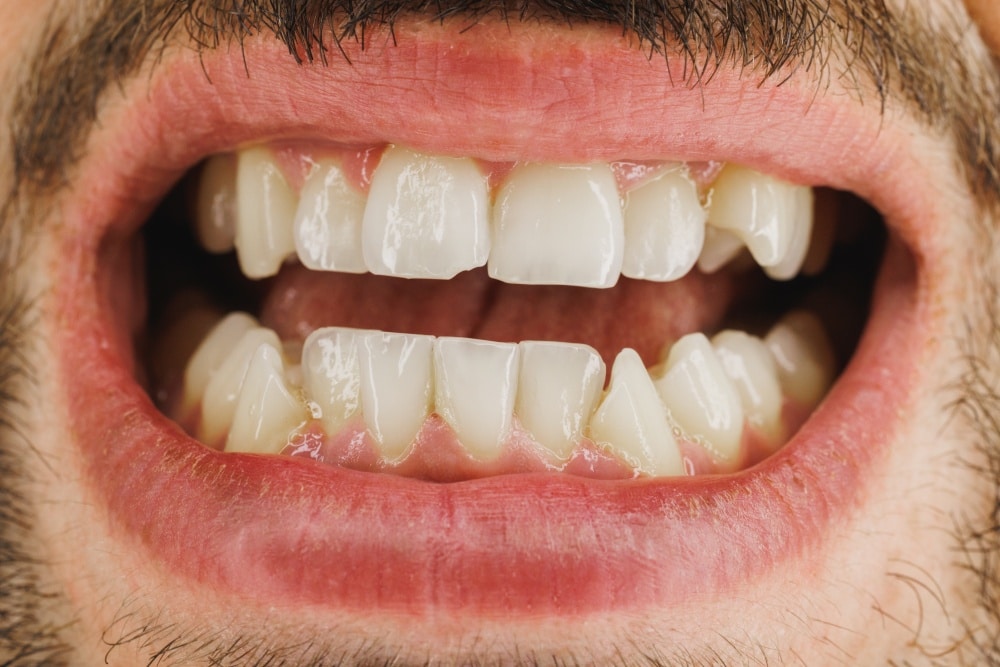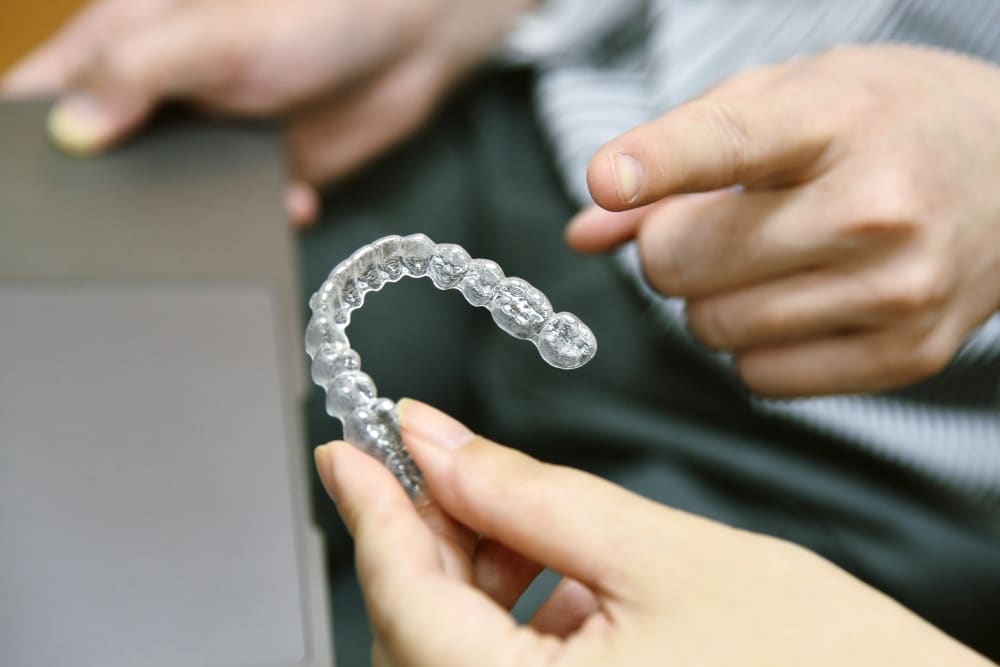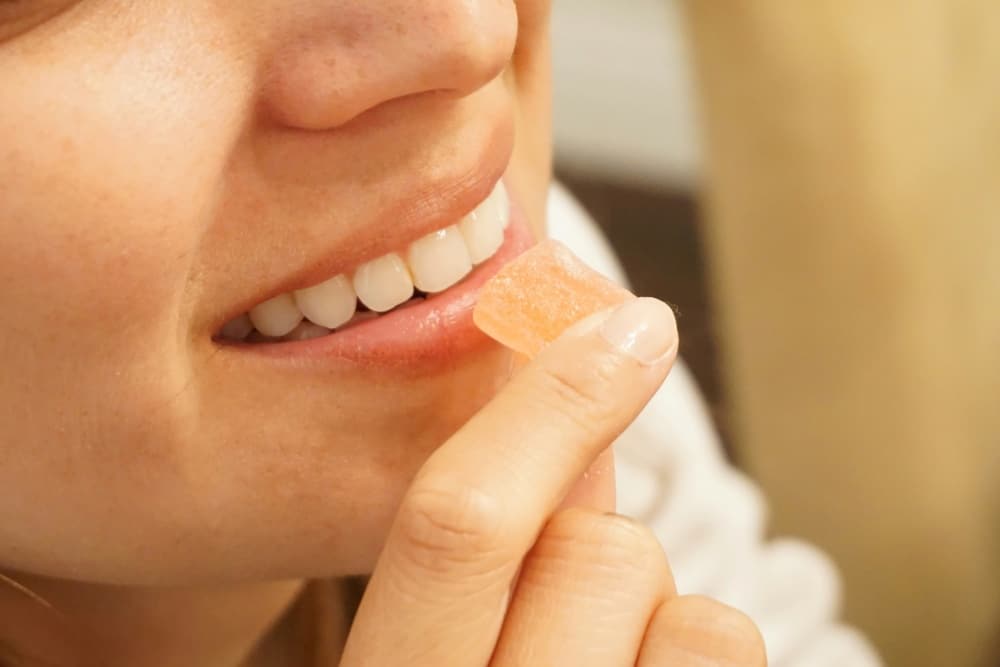
What to Eat & What Not to Eat After Wisdom Tooth Surgery
The removal of wisdom teeth, whether through extraction or surgery, often involves a period of recovery that requires careful attention. After all, post-operative care is essential for minimising discomfort and promoting proper healing.
It’s common to experience some minor bleeding at the extraction site post-surgery, which can be addressed by applying pressure with sterile gauze. Dentists also typically provide prescriptions for pain management and infection prevention, along with antiseptic mouthwash and ice packs to minimise swelling. Additionally, patients receive detailed instructions on oral hygiene, including dietary guidelines.
In addition to these general post-operative instructions, the period following wisdom tooth surgery requires careful consideration, particularly when it comes to diet. This is because managing food intake effectively can promote a smoother and faster healing process. Therefore, this article offers guidance on what to eat after wisdom tooth surgery, and what to avoid, focusing on foods that support healing during this critical phase.
Importance of Diet After Wisdom Tooth Surgery
As mentioned, the role of diet following wisdom tooth surgery extends beyond simple sustenance; it directly influences the healing process.
For instance, swelling around the mouth and cheeks, common after extraction, can make eating challenging. However, proper dietary choices can mitigate these challenges and prevent further complications. This is possible because:
- Consuming the right foods helps protect the surgical site and prevents infection. This is accomplished by steering clear of foods that may cause irritation to the healing site or interfere with blood clot development.
- A suitable diet also minimises irritation and discomfort, which are common experiences after surgery. Soft, non-irritating foods reduce strain on the healing tissues, promoting comfort.
- Proper nutrition supports the body’s natural healing mechanisms, ensuring it has the resources required for tissue repair.
- Essential nutrients contribute to immune function, leading to a quicker return to normal activities.
- A well-planned diet helps prevent complications such as dry socket, where the blood clot is dislodged, exposing nerves and causing significant discomfort. Avoiding foods that can disrupt this clot is essential for smooth recovery.
Recommended Soft Food After Wisdom Tooth Surgery in Each Different Stages
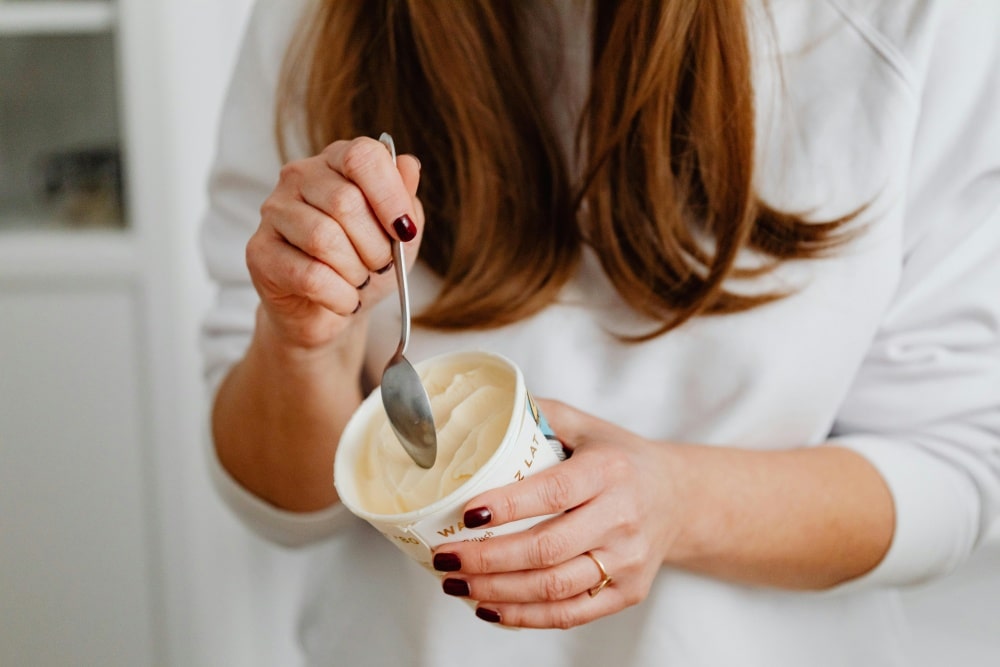
From the above, it is clear that dietary choices in the immediate aftermath of wisdom tooth surgery play a crucial role in facilitating healing and minimising discomfort. So, what should you eat and what should you not eat after wisdom tooth surgery?
First 24 Hours After the Surgery
During the initial 24 hours following wisdom teeth removal, prioritising soft and liquid foods is important to support wound healing. It is also essential to maintain appropriate food temperatures and avoid actions like using straws, which can disrupt the healing process.
Here are some recommended options:
- Broths: Warm and nourishing broths, such as bone broth or vegetable broth, are excellent choices to begin with. They provide essential nutrients and offer soothing warmth.
- Yoghurt Drinks: Smooth and cool yoghurt drinks are a nutritious and refreshing option. They also provide probiotics, which can be beneficial for digestive health during recovery.
- Smoothies: Blending fruits, yoghurt, or milk creates nutrient-rich smoothies that are easy to consume. These provide vitamins and minerals while being gentle on healing gums.
- Warm Porridge: Warm porridge offers a comforting and easily digestible option.
Pro Tips for the First 24 Hours:
- Consume small portions and chew away from the surgical site.
- Ensure food is lukewarm or cold to help control bleeding.
- Begin gentle saltwater rinses after 24 hours.
- Choose high-protein, high-calorie foods to support energy levels during healing.
1-3 Days After the Surgery
As you move beyond the initial 24 hours following wisdom teeth extraction, gradually introducing more substantial soft foods becomes important for recovery. The focus during this phase is to provide more nourishment while ensuring ease of consumption. Choosing foods that are soft and require minimal chewing is key for a comfortable healing process.
Here are some recommended soft food options for days 1–3:
- Mashed Potatoes: Creamy mashed potatoes or mashed vegetables offer a comforting and easily consumed source of sustenance.
- Scrambled Eggs: Lightly scrambled eggs provide a soft, protein-rich option that is gentle on the mouth.
- Oatmeal: Warm oatmeal offers a soft and soothing texture, and adding soft fruits can enhance its nutritional value.
During this phase, it’s important to select gentle options that won’t irritate healing gums so as to support a steady and comfortable recovery.
3-7 Days After the Surgery
As you progress beyond the immediate post-surgery period, typically around days 3–7, you can carefully begin to incorporate more solid foods into your diet. This stage represents a step towards resuming a normal diet, but it’s crucial to remain mindful of your healing gums.
Consider these dietary options:
- Steamed Vegetables: Softened steamed vegetables offer a gentle way to introduce more texture. Ensure they are cut into small, easily chewable pieces.
- Cooked and Shredded Chicken: Lean, tender, cooked, and shredded chicken provides a good source of protein as you expand your diet.
- Mashed Beans: Mashed beans offer a soft and protein-packed choice that is easy to eat.
While incorporating these more substantial options, it’s vital to remain cautious and avoid foods that could impede healing. Continue to be attentive to any discomfort while eating, and choose foods that are comfortable. Aggressive chewing near the extraction site should still be avoided, and a full return to a normal diet is generally possible after about two weeks.
What You Should Not Eat After Wisdom Tooth Removal
Besides the aforementioned foods that you should consider eating to facilitate a smooth recovery after wisdom tooth surgery, it’s equally important to be aware of foods that can hinder healing or cause complications. In fact, what you refrain from eating in the days following surgery is often as important as what you consume.
Here’s a breakdown of food types to avoid:
- Spicy foods: These can irritate the wisdom tooth extraction site.
- Crunchy items: Hard or crunchy foods, such as chips, nuts, or crusty bread, can disrupt the blood clot and impede the healing process.
- Chewy or sticky foods: These can adhere to the surgical area, potentially dislodging the clot or causing discomfort.
- Hot food/drinks: Consuming hot foods or beverages, like steaming soups or coffee, can increase bleeding and swelling.
- Straw-based drinks: The suction created by using a straw can dislodge the protective blood clot.
- Alcohol: Alcohol consumption may hinder the healing process and may interact negatively with prescribed medications.
How to Speed Up Recovery After Wisdom Tooth Surgery
Besides the foods to eat and those to avoid, smoother and faster recovery following wisdom tooth removal is achievable through several other mindful practices.
Here are some guidelines to support your healing process:
- Follow Post-Operative Instructions: Your dentist’s instructions are essential for proper healing. Adhere to them carefully, including taking medications as prescribed and attending follow-up appointments.
- Get Adequate Rest: Rest is vital for allowing your body to heal. Prioritise sufficient sleep and avoid strenuous activities, especially in the initial days after surgery.
- Avoid Disruptive Activities: It’s important to refrain from activities that could disturb the extraction site. This includes smoking, consuming alcoholic beverages, and vigorous rinsing.
- Stay Hydrated: Drink plenty of water and choose nutritious foods that are easy to chew to support the healing process.
Navigating what to eat after getting your wisdom teeth surgically removed involves making informed and careful choices. While the right food choices cannot guarantee a completely complication-free recovery, they can certainly support your body’s ability to heal more efficiently and help you return to your normal routine more quickly.
If you have any uncertainty about what foods are appropriate or require personalised dietary recommendations, do not hesitate to consult our dentists at Family Dental Centre. Remember, appropriate food choices can contribute to a more comfortable and timely recovery.

